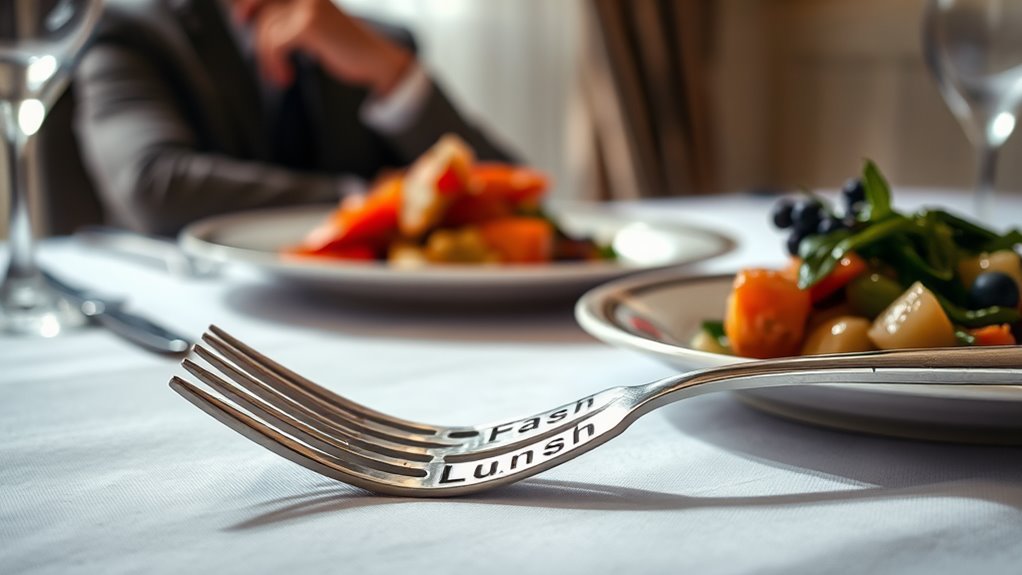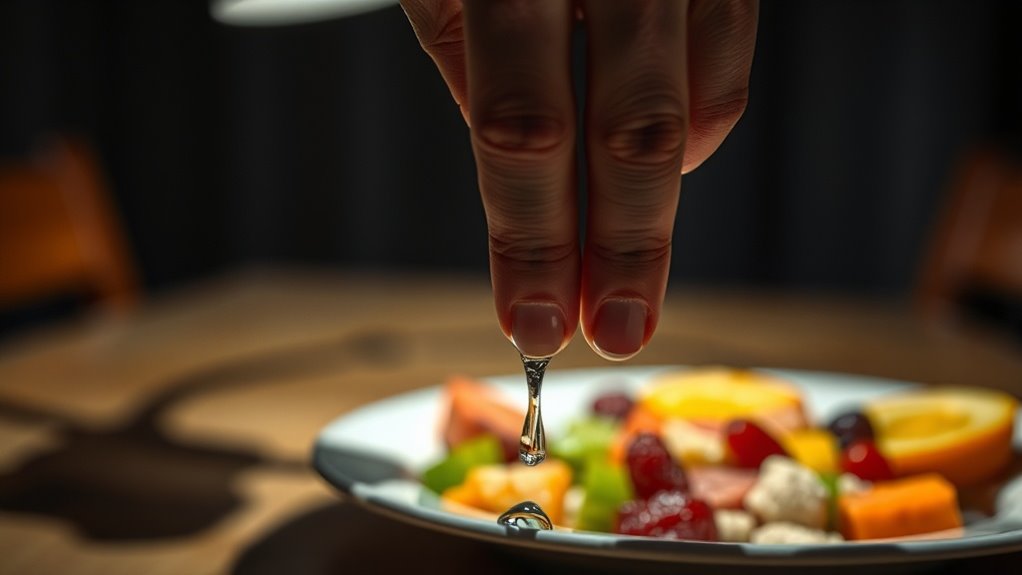Your Feelings Might Be Controlling Your Fork-Here’s Why
Have you ever noticed how your emotions can steer your food choices? It’s not uncommon to reach for comfort foods when you’re stressed or feeling lonely. These patterns can become automatic, leaving you wondering why you crave certain snacks in specific emotional states. Understanding this link is crucial, as it can help you break the cycle. So, what are the common triggers that might be influencing your decisions at the dinner table?
The Connection Between Emotions and Eating
When you experience strong emotions, it’s not uncommon to reach for food as a form of comfort.
Food can feel like a warm hug during tough times, connecting you to memories and shared moments.
These emotional ties can lead you to seek out specific flavors or meals that evoke feelings of belonging.
Recognizing this connection helps you understand your relationship with food and emotions better.
Common Triggers of Emotional Eating
Understanding the common triggers of emotional eating can help you regain control over your food choices.
Stress, loneliness, and boredom often lead you to seek comfort in food.
Social situations might also trigger overeating as you bond with others.
Recognizing these patterns can create a sense of belonging, allowing you to connect with your feelings rather than using food as an escape.
Recognizing Emotional Eating Patterns
How can you tell if you’re eating for emotional reasons rather than hunger? Pay attention to when you snack.
Are you reaching for food during stress, boredom, or sadness? Notice if you crave comfort foods after a tough day or if you eat mindlessly while watching TV.
Recognizing these patterns can help you understand your relationship with food and promote a sense of connection.
Strategies to Manage Emotional Eating
Identifying emotional eating patterns is just the first step; managing them requires practical strategies.
Start by keeping a food journal to track your feelings and meals. Establish a support system with friends or family who understand your journey.
Practice healthy coping mechanisms, like deep breathing or engaging in hobbies, to connect with your emotions without turning to food.
You’re not alone in this!
The Importance of Mindful Eating
While you navigate your emotional eating journey, embracing mindful eating can transform your relationship with food.
By paying attention to your hunger cues and savoring each bite, you’ll create a deeper connection with what you eat.
This practice fosters a sense of belonging, allowing you to appreciate the flavors, textures, and nourishing qualities of food, helping you make choices that truly satisfy you.




